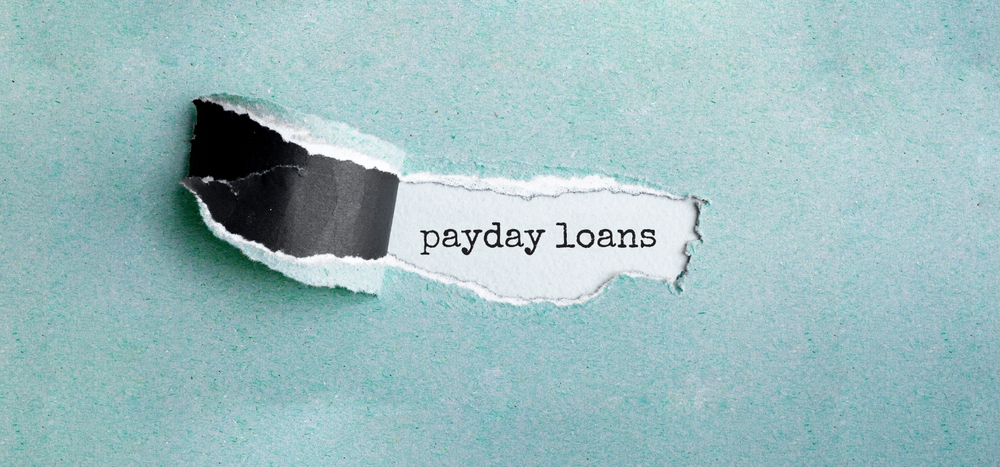Cash advance loans are short-term, high-interest loans that provide borrowers with quick access to cash in times of urgent need. They are often used by individuals who require immediate funds to cover unexpected expenses, such as medical bills, car repairs, or emergency household costs. While cash advance loans can offer a temporary financial solution, it’s important to understand the terms, costs, and risks associated with these loans before deciding to apply for one.
What is a Cash Advance Loan?
A cash advance loan is a type of short-term borrowing where a lender provides a lump sum of money that the borrower agrees to repay, typically within a few weeks or by the borrower’s next payday. These loans are often marketed as a quick fix for individuals who need money immediately but are unable to wait for traditional loan approval processes.
The application process for cash advance loans is relatively simple and fast. Borrowers typically fill out an application with basic personal and financial information, and many lenders offer online applications that can be processed in minutes. In some cases, approval is granted within hours, and the funds are deposited directly into the borrower’s bank account.
How Do Cash Advance Loans Work?
Cash advance loans are typically structured around the borrower’s next payday, with repayment usually due within 14 to 30 days. The loan amount is usually based on the borrower’s income, with the lender offering a loan equal to a portion of the borrower’s paycheck.
Repayment of the loan is typically due in a lump sum, which includes the principal amount borrowed along with any fees or interest charged by the lender. In some cases, borrowers may have the option to extend or roll over the loan if they are unable to repay it on time, but this usually comes with additional fees or higher interest rates.
Costs and Fees of Cash Advance Loans
Cash advance loans are known for their high-interest rates and fees, which can make them expensive compared to other forms of credit. Interest rates for cash advance loans can range depending on the lender and the amount borrowed.
In addition to the interest rates, borrowers may be subject to various fees, such as application fees, loan origination fees, or late payment penalties. These fees can quickly add up and increase the total amount owed. If you are unable to repay the loan on time and have to roll it over, the fees will increase, leading to even higher debt.
Risks and Considerations
While cash advance loans can provide quick access to cash, they come with several risks and drawbacks that borrowers should be aware of:
- High-Interest Rates: As mentioned earlier, the interest rates and fees associated with cash advance loans are high. If you’re unable to repay the loan on time, the debt can quickly spiral out of control.
- Debt Cycle: Many borrowers who take out cash advance loans end up in a cycle of debt. If they cannot repay the loan in full on their next payday, they may roll over the loan or take out a new one to cover the previous loan. This can lead to mounting fees and a growing debt burden.
- Impact on Credit Score: While cash advance loans are typically unsecured and do not require a credit check, failing to repay the loan on time can lead to negative consequences. Some lenders may report late payments or defaults to credit bureaus, which can negatively impact your credit score and make it harder to secure loans in the future.
- Short-Term Solution: Cash advance loans are not a long-term solution for financial problems. They are intended to provide quick access to funds in emergency situations, but relying on them regularly can cause financial instability. It’s important to explore other, more sustainable options for managing your finances if you find yourself needing cash advances frequently.
Alternatives to Cash Advance Loans
If you’re considering a cash advance loan but are concerned about the high costs and risks, there are several alternatives worth exploring:
- Personal Loans: Traditional personal loans from banks or credit unions often come with lower interest rates and longer repayment terms compared to cash advance loans.
- Credit Cards: If you have a credit card, you may be able to use it to cover emergency expenses. Credit cards typically offer lower interest rates than cash advance loans, especially if you can pay off the balance quickly.
- Payday Alternative Loans (PALs): Some credit unions offer payday alternative loans, which are small, short-term loans with lower fees and interest rates compared to traditional cash advance loans.
- Borrowing from Friends or Family: In some cases, borrowing from friends or family may be a more affordable option, as they may offer better terms with no interest or fees.
Weighing the Risks and Alternatives of Cash Advance Loans
Cash advance loans can provide a quick and easy solution for financial emergencies, but they come with significant risks due to high interest rates and fees. Before applying for a cash advance loan, it’s important to carefully consider your ability to repay the loan on time and weigh the costs involved. If possible, explore alternative borrowing options with lower fees and interest rates to avoid falling into a cycle of debt. Always ensure that any loan or credit option you choose aligns with your financial situation and goals.





